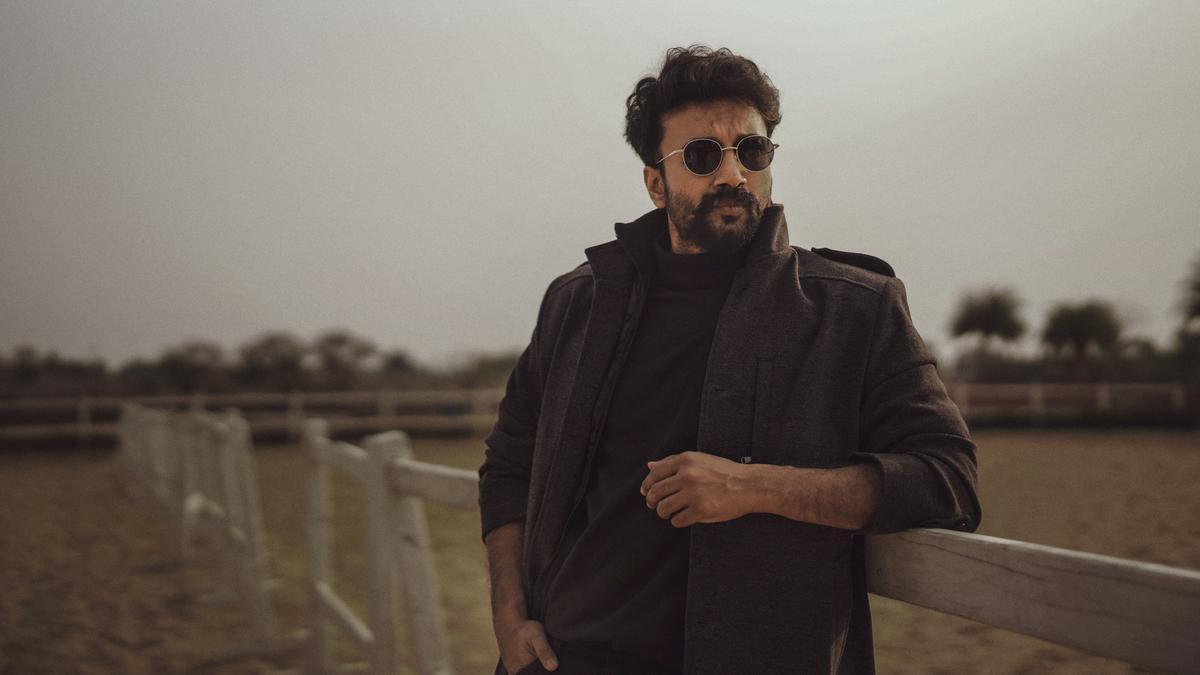
In the expansive gallery of Tamil cinema’s heroes, one image recurrently emerges with a striking uniformity: that of Vijayakant, affectionately dubbed ‘Captain,’ parading the silver screen adorned in the khaki attire of a police officer. With over 30 films in his career showcasing this avatar, his name has become synonymous with the upright, patriotic and indomitable law enforcer.
Vijayakant’s cinematic journey is punctuated with an array of police roles that transcend mere performances, morphing into cultural symbols. The 1982 film “Sivantha Kankal,” directed by Rama Narayanan, marked one of his earliest appearances as a policeman, setting the tone for many of his future projects. In it, he not only wrestled with a corrupt system that corrodes public trust in law enforcement but also delivered a clarion call to action through potent dialogues that still resonate within Tamil pop culture.
A succession of films followed where Vijayakant’s characters often faced dilemmas that pushed them beyond the boundaries of their official duties. The 1983 movie “Saatchi,” his sixth partnership with the director SV Chandrasekhar, notably depicted the star shedding his police garb, embracing a vigilante persona to combat injustice— a theme recurrent throughout his portfolio.
The nineties bore witness to some of Vijayakant’s most memorable performances. Notable amongst these was “Pulan Visaranai” (1990), where he challenged a fearsome criminal, a character partly inspired by the real-life serial killer Auto Shankar. His resolve to deliver justice was echoed in “Honest Raj” (1994) and “Maanagara Kaaval” (1991), where his characters took the law into their own hands after being shackled by the very system they served.
Yet, not all such films revolved around renegades. “Chatriyan” (1990), directed by K Subash, portrayed the Captain as a policeman whose determination to seek legal retribution culminated in a cinematic spectacle etched in the minds of his fans.
Vijayakant did not limit his on-screen police roles to battling common criminals; he was also a crusader against social evils. Several of his movies tackled issues that plagued women, ranging from sexual assault to forced prostitution, unwavering in the message of empowerment and justice. His directorial venture, “Virudhagiri” (2010), was no exception, painting a poignant picture against the backdrop of human trafficking.
The lure of action was never far from these social themes. “Captain Prabhakaran” (1991), his 100th film and the origin of his moniker, featured him combating a forest brigand reminiscent of the notorious Veerappan. “Sethupathi IPS” (1994) brought an action-packed narrative to the table, complete with daring stunt sequences that could rival international espionage thrillers.
Vijayakant’s filmography encompassed more than just single-hero flicks; his double-action features created their unique niche, although they often met with a lukewarm financial reception. These films, such as “Dharmam Vellum” (1989) and “Rajadurai” (1993), presented complex familial dynamics against the backdrop of his authoritative roles. They offered a glimpse into the multifaceted narrative possibilities where his characters occupied both sides of the law—an emotional father-son tale or a cop confronting his lawless progeny.
Perhaps underscoring his dual roles and their cultural impact, “Perarasu” (2006) stands out as a staple in Tamil cinema’s dialogues with its twin Vijayakant face-offs.
Throughout his illustrious career, Vijayakant’s embodiment of a policeman has left a mark that endures beyond the confines of celluloid. While these roles might not singularly define his legacy, they have certainly cemented his status as a cinematic sentinel of justice and morality. It is through these films that the Captain’s salutes continue to echo, bidding farewell yet never truly leaving the hearts of his audience.










